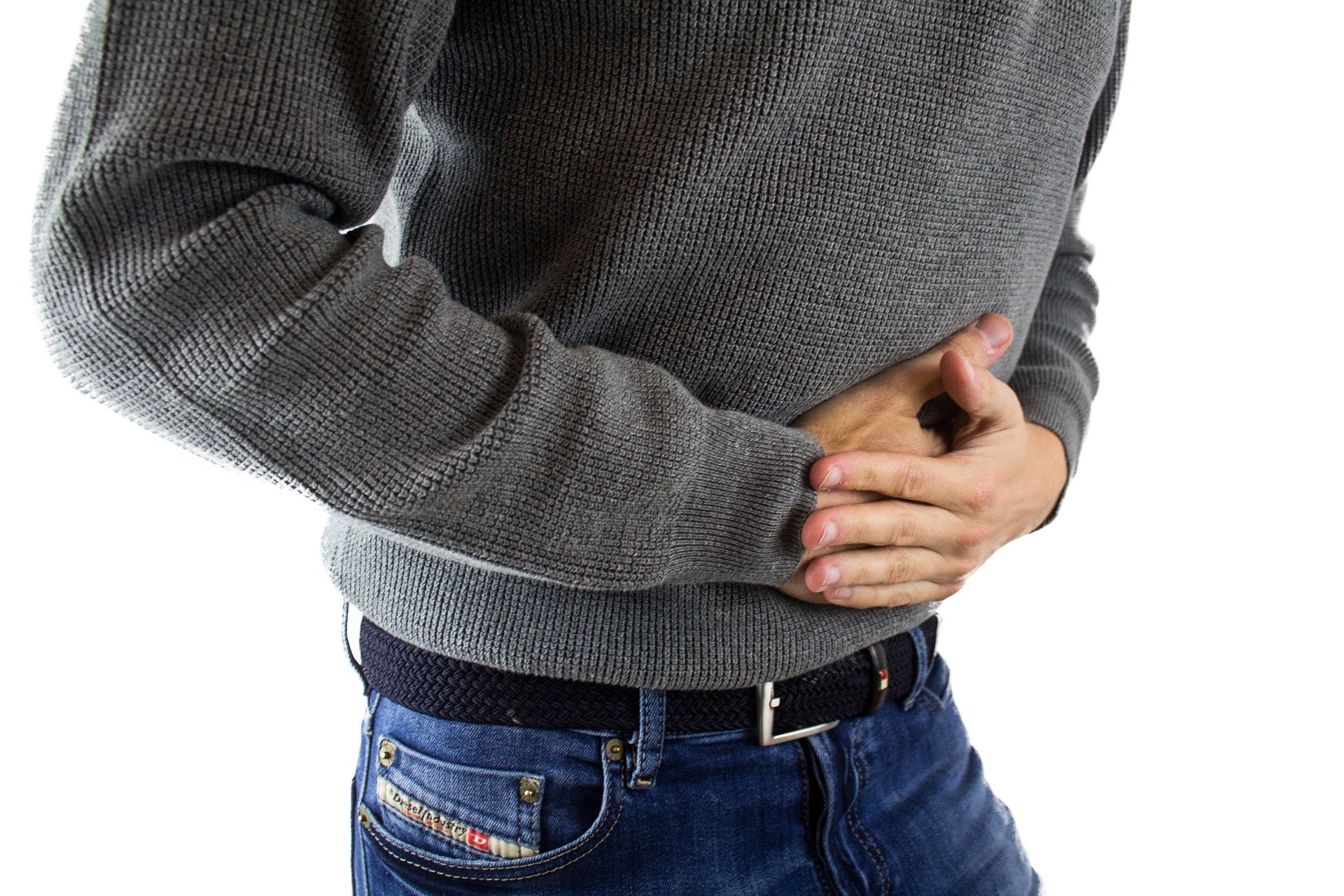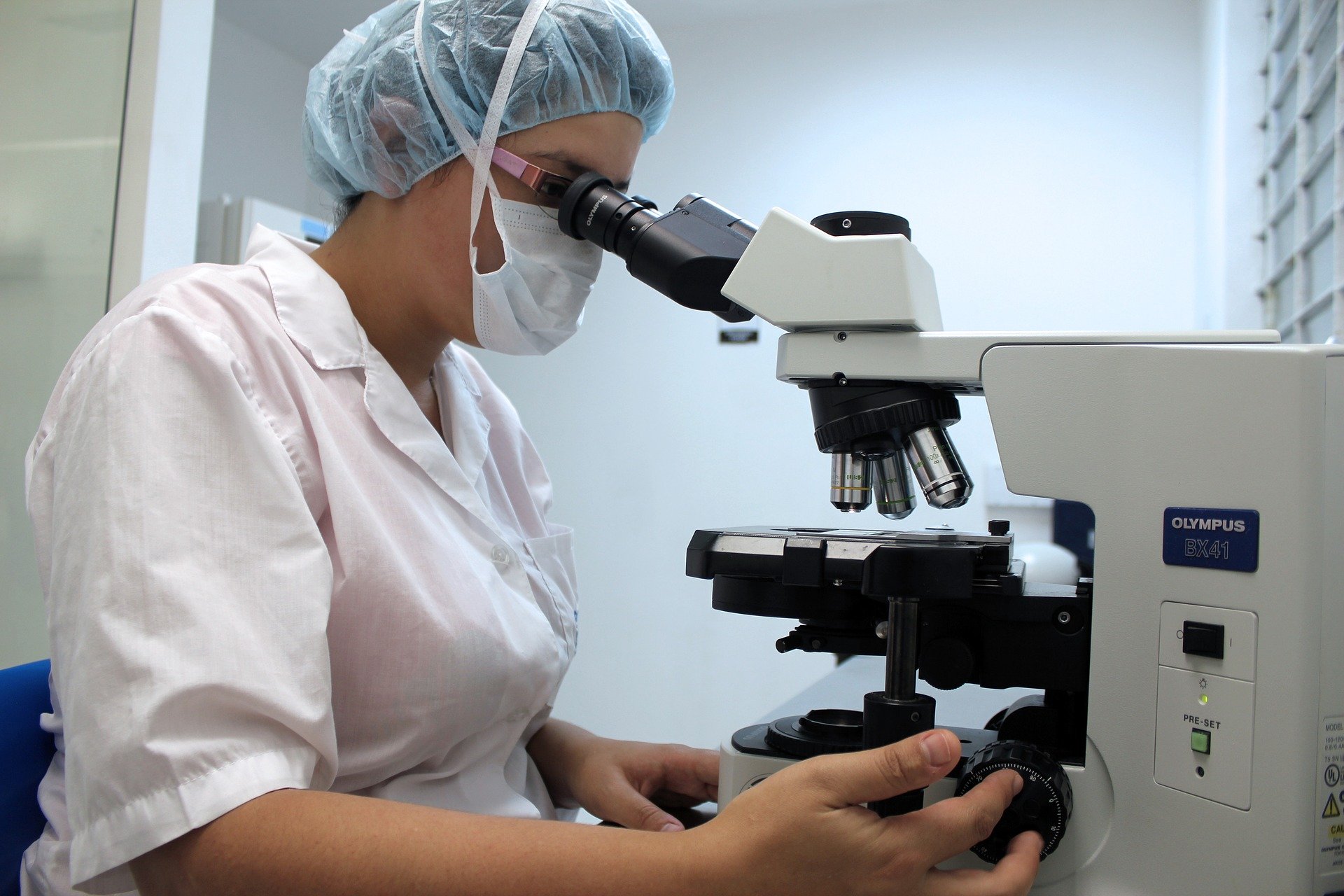You may occasionally come across an advisory warning about Cryptosporidium in drinking water. Or maybe you’ve been told not to drink water from a stream or a lake because it could be contaminated with Crypto. No matter what your water source is, you certainly don’t want to be drinking something that sounds as bad as Cryptosporidium.

What Is Cryptosporidium?
So, just what is Cryptosporidium, and why is it so bad? More commonly known as “Crypto,” this microscopic parasite causes cryptosporidiosis, a diarrheal disease.
Crypto is a hearty parasite that can infect animals and humans. It has a protective outer shell that helps it survive in different environments. Its shell is particularly resistant to chlorine, one of the most common disinfectants used to treat drinking water.
Crypto in Our Water
There are many ways that Crypto is spread, but the most common is through water. Parasites from the stools of infected animals or people enter surface water sources. In the wild, rainwater and runoff can pick up infected feces and carry the parasites to larger water sources like rivers and lakes, which may be sources for public water. In a swimming pool, if one person infected with Crypto has diarrhea in the water, it can contaminate the entire pool.
While municipal water may be regularly tested for Crypto, those with well water are not so lucky. Well water can be contaminated from sewage overflows, improperly working sewage systems, contaminated stormwater runoff, and agricultural runoff. Wells are known to be more vulnerable to contamination, especially after flooding. If your drinking water comes from a private well, it is your responsibility to have your water tested. To find out where you can get a sample of your water tested, contact your state certification officer for a list of local laboratories.
Crypto Outbreaks
Despite our scientific advancements, the US has a high potential for outbreaks of Crypto. One of the most well-recorded outbreaks happened in Milwaukee in 1993. Over 400,000 people were infected by contaminated drinking water. Milwaukee is not alone, and other cities have had major outbreaks over the years as well.
| Year | State | Number of Cases | Source | Deficiency |
|---|---|---|---|---|
| 1984 | Texas | 2,006 | Ground water | Sewage contamination |
| 1968 | New Mexico | 78 | Surface water | Untreated |
| 1987 | Georgia | 12,960 | River | Treatment deficiency |
| 1991 | Pennsylvania | 551 | Ground water | Treatment deficiency |
| 1992 | Oregon | 15,000 | Spring/river | Treatment deficiency |
| 1993 | Wisconsin | 403,000 | Lake | Treatment deficiency |
| 1993 | Washington | 7 | Private well | Surface condition |
| 1993 | Minnesota | 27 | Lake | Unknown |
| 1993 | Nevada | 103 | Lake | Inadequate filtration |
| 1994 | Washington | 104 | Community well | Sewage contamination |
| 1995 | Florida | 72 | Not applicable | Cross connection |
Source: USEPA (200lb)
Symptoms
If you have been exposed to Crypto, symptoms typically appear within two to ten days. Signs that you have been infected include:
- Loose stools
- Diarrhea
- Stomach pain and cramps
- Nausea
- Vomiting
- Dehydration
- Fever
- Weight loss

These symptoms can last for up to two weeks. People with healthy immune systems can recover without issue. If you have a compromised immune system or experience extreme symptoms, it is recommended that you seek help from a medical professional.
How Do I Know if My Water Is Contaminated?
Testing for Crypto can be quite difficult because it takes a large water sample to detect its presence. The testing procedure passes a significant volume of water through a polypropylene filter. This concentrates the sample, which is then manipulated so that if there is Crypto present, it can be viewed with an epifluorescence microscope. As you can see, this not something you can easily test for at home.

Prevention of Crypto Contamination
These dangerous parasites can live in the intestines of people and animals. They are commonly found in livestock and wild animals. Crypto is transmitted when animals or people ingest contaminated food or water. While testing for Crypto may be difficult, prevention is actually pretty simple.
Here are some preventative measures you can take to avoid ingesting Crypto:
- Use water filters with a pore size of one micrometer or smaller. Choose filters that are labeled “Absolute” and are noted to meet cyst removal standards.
- Boil water from a questionable source for at least one minute before using for cooking, drinking, or brushing your teeth.
- When traveling to areas that may have unsafe water supplies, drink bottled water from a source known to be safe. Do not drink bottled water that is not properly sealed.
- Before swimming, check the inspection scores for pools, hot tubs, and water parks.
- Don’t swallow the water when swimming.
Make Sure Your Water Is Safe
While it may not be possible to test the water in your home for Crypto, you can test your water for a number of other contaminants. Whether you have city water or your drinking water comes from a well, you can quickly and easily test your water at home. TestAssured makes a number of individual tests and complete testing kits that will give you results in a matter of minutes. Don’t take chances when it comes to your health and safety and that of your family. Know what’s in your water.
